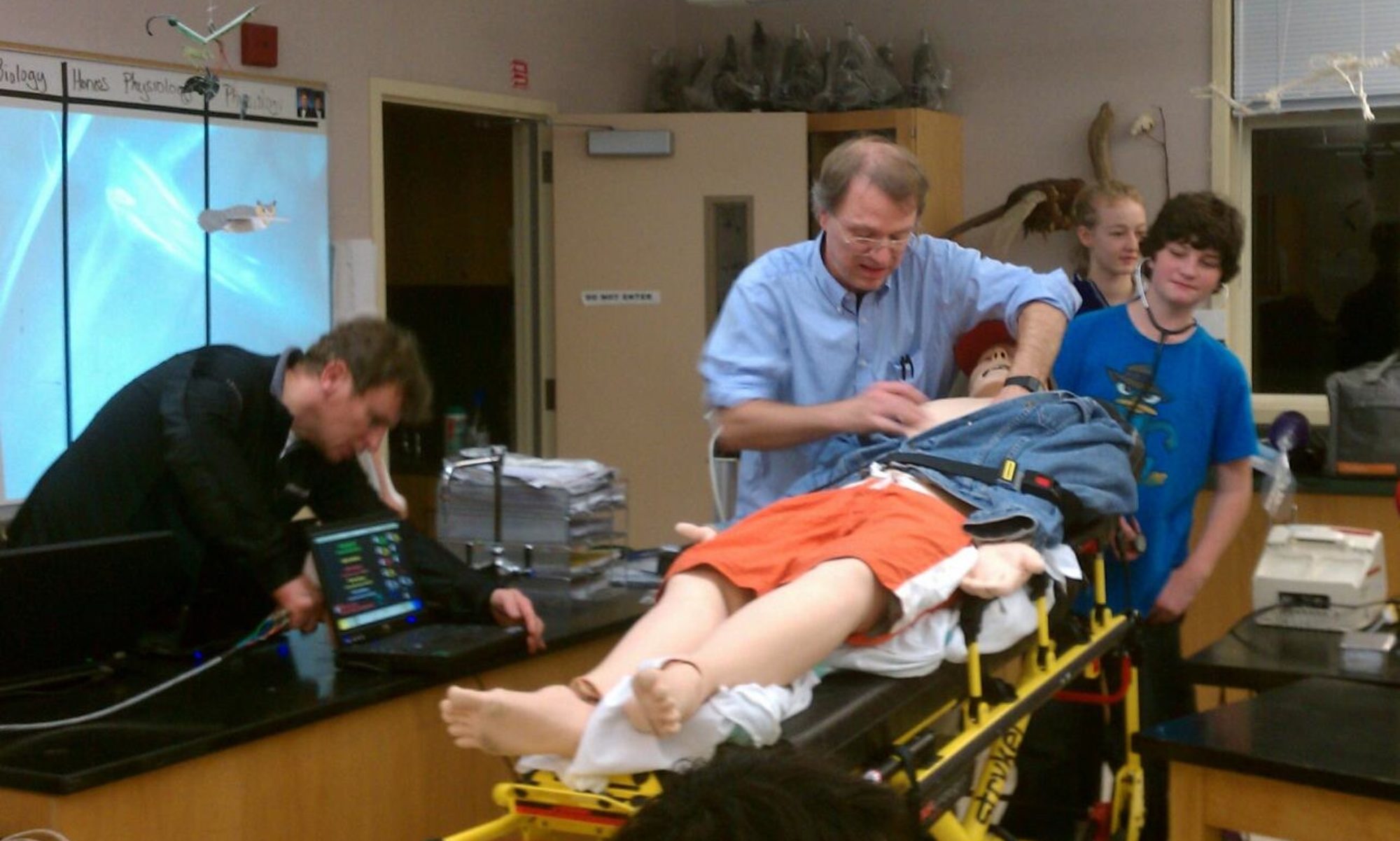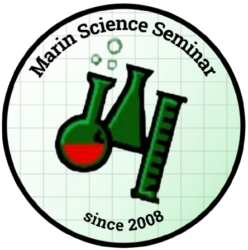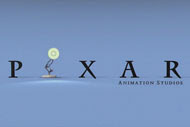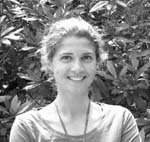Aug. 10, 2009 – Field trip to Atlas Cafe “Down to a Science” Science Cafe
From the Down to a Science website. Join us! You can RSVP at the Facebook event page here or by sending me an email at marinscienceseminar@gmail.com.
When: Monday, August 10th 7-9 PM
What: Confessions of an Alien Hunter
Where: Atlas Cafe, 3049 20th St @ Alabama St. in the Mission District
Who: Seth Shostak, Senior Astronomer, SETI Institute, Renowned Alien Hunter
The Deets:
Why do we think aliens are out there? Is Earth really being visited? Will aliens really be short, gray, and hairless? What happens if we pick up a signal from another world?
These are just a few of the questions this month’s guest, Seth Shostak, tackles regularly in his role as the senior astronomer for the SETI (Search for Extra-Terrestrial Intelligence) Institute. Shostak will also discuss the beginnings of life on earth, how this knowledge impacts what astronomers search for in other galaxies, and the growing consortium of scientific voices who believe “it would be offensively self-centered to imagine that what has happened on Earth has only happened on Earth.”
Before Egg and Sperm: Stem Cells of the Germline
Although we do not need our gametes for 20 or 30 years, they are established during early development in the womb by stem cell precursors. Professor Laird’s research in mouse embryos asks how these cells acquire and maintain their identity, migrate to the forming ovaries or testes, and avoid becoming cancerous on their way to differentiating as egg or sperm.
How we Know What we Know about the Brain

Marin Science Seminar Presentation: “How we Know What we Know about the Brain” (formerly “The Case of the Knocked-Out Neuron: Why brain neurons die and how we can save them”) Dr. Swanson will talk about how we have learned what we know about the brain and about his work’s impact on Alzheimer’s disease and stroke. He will also talk about how scientists work to figure out why neurons die and what can be done to keep them alive.
Cartoon Physics – How Scientists and Artists make Pixar Films
Can we mend a broken heart? Thinking about stem cell therapy with Harold Bernstein MD PhD
 Dr. Bernstein is Professor of Pediatrics and a Senior Investigator of the Cardiovascular Research Institute at UCSF. He will talk about the field of stem cell therapy, specifically relating it to his work using stem cells to treat heart disease. Dr. Bernstein also practices Pediatric Cardiology at UCSF Childrens Hospital. He attended public school in New York, received his undergraduate degree from Harvard, his doctoral and medical training at the Mount Sinai School of Medicine, and his postgraduate training in pediatrics and cardiology at UCSF. Dr. Bernstein’s research focuses on stem cell biology, muscle development, and heart regeneration. He has been recognized as an Established Investigator by the American Heart Association, and currently is supported by grants from the National Institutes of Health, the American Heart Association, and the California Institute for Regenerative Medicine (Proposition 71).
Dr. Bernstein is Professor of Pediatrics and a Senior Investigator of the Cardiovascular Research Institute at UCSF. He will talk about the field of stem cell therapy, specifically relating it to his work using stem cells to treat heart disease. Dr. Bernstein also practices Pediatric Cardiology at UCSF Childrens Hospital. He attended public school in New York, received his undergraduate degree from Harvard, his doctoral and medical training at the Mount Sinai School of Medicine, and his postgraduate training in pediatrics and cardiology at UCSF. Dr. Bernstein’s research focuses on stem cell biology, muscle development, and heart regeneration. He has been recognized as an Established Investigator by the American Heart Association, and currently is supported by grants from the National Institutes of Health, the American Heart Association, and the California Institute for Regenerative Medicine (Proposition 71).
Feb. 4th: The neurological processes of alcohol addiction
Dr. Asyyed’s research interest is in the neurological processes of alcohol addiction. While at UCSF she was involved in two research projects. The first project was to study the effects of ethanol on CRE-mediated gene transcription in mice, using biochemical, behavioral and neuroanatomical techniques (Asyyed et., 2006). The second research project was to study candidate genes that may have a link with alcoholism (ADORA1, MOR and PKIB genes), using molecular biology and biochemical techniques.
“Global Change and the Future of African Wildlife” with Wayne Getz

with Professor Wayne Getz of UC-Berkeley
(January 21, 2009) in the TL Performance Theater
Professor Getz discussed the impact of global change on the ecology of wildlife in Africa. He showed a short film on zebra collaring in Africa. Graduate student Andy Lyons spoke about field work in Zambia and the inter-relation between human and animal populations in that African nation.
Professor Getz received his BS in Applied Mathematics and his Ph.D. in Modeling and Control of Birth and Death Processes from the University of the Witwatersrand, Johannesburg, South Africa. His specialty is Quantitative Population Biology and his research interests include a broad range of theoretical and applied questions in population and biology with application to epidemiology and conservation biology. He is currently a Professor in the Department of Environmental Science, Policy & Management at UC-Berkeley’s College of Natural Resources. At this time projects in his laboratory include: (i) Ecology of anthrax and parasitic co-infections in the plain’s herbivores of Etosha National Park, Namibia., (ii) Bovine TB in wild animals, livestock, and humans in southern Africa., (iii) Movement Ecology: exploring the causes, patterns, mechanisms and consequences of organism movements with particular application to buffalo and elephants., and (iv) Merging dynamical systems modeling and analysis at different levels of biological organization.
Invention in Medicine: How Medical Devices get Invented and Go to Market
with Art Wallace M.D. Ph.D.
December 10, 2008, Room 207
Dr. Wallace started out in experimental surgery and radiology studying imaging of the heart using CT scanners. He has worked on a number of devices that originally were built for experimental studies that evolved into clinically useful devices including a cardiac output monitor, the off pump CABG, off pump aneurysm surgery, electronic sedation, and a selective coronary vasodialtor. Dr. Wallace will explain his experiences with the inventive process using examples from both device design and drug development. There will be a brief discussion of the importance of intellectual property, patents, venture capital, FDA approval, and business development in completing the invention process.
November 12 – “Applied Software Engineering for Large-Scale Complex Systems” with Alex Rush
 “Applied Software Engineering for Large-Scale Complex Systems” with Alex Rush
“Applied Software Engineering for Large-Scale Complex Systems” with Alex Rush
An exploration of the software engineering discipline as applied in development of large-scale, global applications. Specifically, the issues of managing inherent complexity and risk in large-scale systems using industry standard iterative development methods, modeling and design techniques, software architecture, performance engineering and testing will be explained using real-world examples. This talk will highlight how software development has evolved from a relative “black art” to a true engineering discipline in recent decades. This talk would be of interest to anyone who is curious about software development in general, and in particular how complex, large-scale systems are designed, tested and successfully deployed.
Post your blog comments below!





